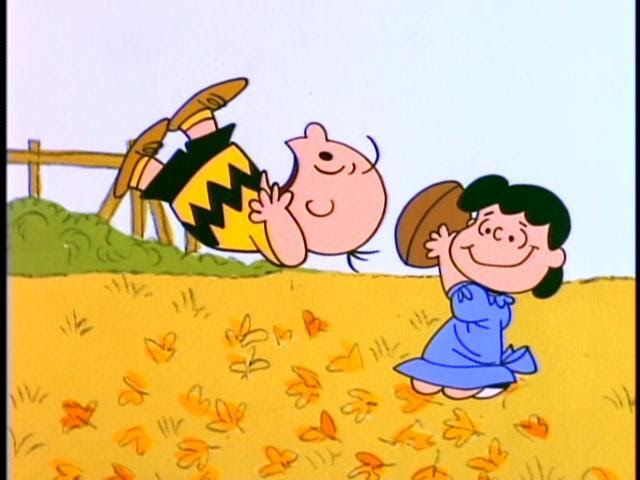The New York Times‘ depiction of Trans-Pacific Partnership countries.
The New York Times (10/5/15), reporting that a final agreement had been reached on the Trans-Pacific Partnership, a still-secret commercial agreement involving 12 nations in Asia and the Americas, subtly sneered at critics for opposing a document that they haven’t been allowed to see yet. Wrote the Times‘ Jackie Calmes:
Its full 30-chapter text will not be available for perhaps a month, but labor unions, environmentalists and liberal activists are poised to argue that the agreement favors big business over workers and environmental protection…. Long before an accord was reached, it was being condemned by both Mr. Trump, the Republican presidential front-runner, and Sen. Bernie Sanders of Vermont, who is challenging Hillary Rodham Clinton for the Democrats’ nomination.
Calmes presumably hasn’t seen the agreement either, but that didn’t stop her from reporting that the TPP
“could be a legacy-making achievement” for President Barack Obama and “the capstone…of his economic agenda to expand exports.” She allows officials to sell the deal through selective leaks and broad claims like Obama’s promise of “opening new markets to American products while setting high standards for protecting workers and preserving our environment.”
Critics, meanwhile, are characterized as having parochial interests: On the right, there are “congressional Republicans who fear for local interests like sugar and rice, and many conservatives who oppose Mr. Obama at every turn,” while Hillary Clinton is backing away from the deal “as she has campaigned among unions and other audiences on the left.”
You might hope reporters would see the secrecy around such an important deal as a problem in itself, rather than an opportunity to scold critics for jumping the gun. But though you wouldn’t know it from this article, it’s not actually true that critics have yet to see the agreement–not in its final form, but in draft chapters that were exposed by WikiLeaks. One of the leaked chapters concerned environmental rules, and environmentalists were alarmed by negotiators’ proposals–as described in a New Republic article, “Obama’s Pacific Trade Pact Will Be Awful for the Environment” (1/15/15). The piece quotes the Sierra Club’s Michael Brune:
This draft chapter falls flat on every single one of our issues—oceans, fish, wildlife, and forest protections—and in fact, rolls back on the progress made in past free trade pacts.
So it’s not true that opponents of the pact have no idea of what’s likely to be in it.
And it’s not like this is the first time the United States has been involved in a multilateral agreement of the sort known as “trade pacts,” even though the impact of such treaties goes far beyond trade. They’ve been a major feature of US economic policy since the Clinton Era, and despite repeated promises that they would boost American jobs, the actual track record on trade and jobs during this period has been grim. As economist and media critic Dean Baker has pointed out (FAIR Blog, 8/19/15)
According to the Bureau of Labor Statistics, in 1971 we had 17.2 million jobs in manufacturing. In 1997, we had 17.4 million jobs. This is in spite of the fact that there was enormous productivity growth in manufacturing over this quarter century. Manufacturing employment then fell to 13.9 million in 2007, the last year before the crash. The big difference between this decade and the prior 26 years was the explosion of the trade deficit as jobs were lost to China and other developing countries.
You can criticize labor, as the Times implicitly does, for not waiting until the secret details are revealed before starting to organize against the pact. And you can also say that Charlie Brown ought to wait and see whether Lucy is going to yank away the football–this time.
Read the original post here.

Leave a Reply
You must be logged in to post a comment.